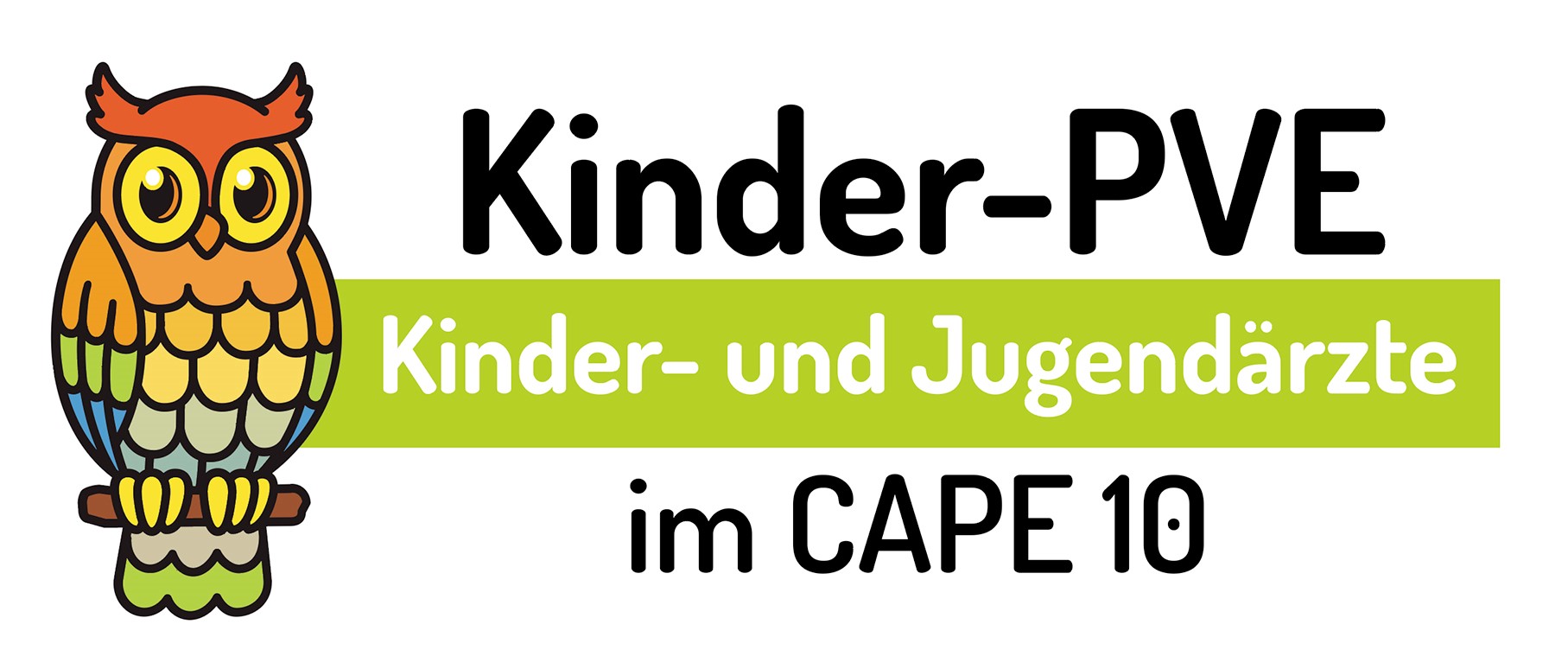Development support
Here you will find all therapy options in the field of developmental support.
Speech therapy includes Measures for the treatment of human communication disordersrehabilitation and the best possible reintegration into everyday life as well as early support and counselling.
The therapeutic approach takes methodological, social and interpersonal aspects into account. A therapy goal and therapy plan are drawn up based on the examination and diagnosis. Speech therapy offers our patients therapy focussing on the following areas:
Speech and language development:
- Articulation disorder
- Language development delay (late talker)
- Speech comprehension disorder
- Language development disorder
- Verbal development dyspraxia (VED)
Swallowing and oral functions:
- Orofacial dysfunction
The following speech therapy referral reasons are not in our house treated:
- Stuttering, stammering
- Autism spectrum disorders
- LKGS - clefts (dysglossia)
- Reading and spelling disorders
- AVWS
Occupational therapy supports our patients with Promoting development. The work aims to help children develop the skills they need to be successful in life. Participation in everyday activities need.
The causes of this are, for example, congenital or previously acquired Disorders of the movement sequence as a result of brain damage or Developmental disorders, sensory impairments, Malfunctions of the Perceptual processing, Disturbances in the Social development and Communication skills and Mental illnesses (ADS/ADHD, autism) and mental disabilities. Occupational therapy is used for motor abnormalities, abnormalities in social behaviour, poor concentration, school problems such as reading, writing and arithmetic and visual and auditory perception problems.
Here are some tasks and activities that occupational therapists can carry out in paediatrics:
- Development assessment
- Treatment planning
- Promoting motor development: The focus is on promoting fine and gross motor skills. This can include the development of grasping, writing and self-care skills.
- Sensory integration: Occupational therapists can work with children to improve their sensory integration, which helps them to better process stimuli from the environment.
- Self-care skills: Promoting independence in everyday activities such as dressing, eating and hygiene is an important aspect of working with children in paediatrics.
- Cognitive skills: Occupational therapists support cognitive development, including attention, concentration, memory and problem-solving skills.
- Social skills: The promotion of social skills, teamwork and communication is also an important area in paediatrics.
- Parent counselling: Occupational therapists work closely with parents to involve them in the treatment, give advice and provide them with tools to support their child's development.
- Therapy games and activities: Occupational therapists often use playful approaches and special activities to encourage children's motivation and create a positive learning environment
Physiotherapists in the field of paediatrics are specialists with regard to the motor development from infant to adolescent. The spectrum of physiotherapeutic measures in paediatrics is wide-ranging (prevention, therapy, rehabilitation, palliation). The individual needs of each child take centre stage. Based on the physiotherapeutic diagnosis, the treatment is specially tailored to each child (in co-operation with the parents). Physiotherapy with children is usually carried out in a playful manner with a therapeutic background, in small steps and in an age-appropriate manner.
Examples of possible fields of activity in the area:
- Diseases of the respiratory tract and lungs
- Diseases of the heart and circulatory system
- Oncological diseases
- Diseases of the musculoskeletal system (e.g. scoliosis)
- Disorders of the central or peripheral nervous system
- Neuromuscular disorders
- Malformations of the postural apparatus
- Juvenile chronic arthritis
- Infantile cerebral palsy
- Prevention - such as posture training etc. (e.g. in kindergartens, schools)
In our outpatient centre we will find more and more:
Orthopaedic area:
- Positional asymmetries / head deformities
- Children with poor posture
- Children with foot problems
- Children with (growing) joint pain
- Children with a conspicuous gait pattern (tiptoe gait, for example)
Neurological area:
- Children with developmental delays (problems reaching milestones)
- Children with hypotension
- Children with syndromes
- Children with cerebral palsy, spina bifida, ataxia...
- Premature births
Medical massage offers children and adolescents a wide range of manual therapies. These treatments are primarily particularly efficient when accompanied by physiotherapy.
Medical manual therapies include the following treatments, among others:
- Classic massages (KLM)
- Lymph drainage* (MLD)
- Mobilisation (after operations, inpatient stays, etc.)
- Soothing therapies for constipation and other gastrointestinal complaints
- Electrotherapy depending on availability of equipment
- Reflexology on the foot
- Myofascial trigger point therapy
- Connective tissue massage and segment massage by arrangement
- Acupuncture meridian massage (AMM)
- Thermotherapy and ultrasound therapy depending on the availability of materials
- Sports massages
The course of therapy:
The first treatments serve to establish contact with the patient/child. The physical contact is intended to establish trust with the child, but also with the parents. As children tend to be restless and a therapy session lasts no longer than 20 minutes, it is recommended that parents are involved in the treatment or even help with positioning the child, for example. Any physical contact should also be clarified with the parents or guardians.
What are developmental delays?
Circumscribed developmental disorders (CDD) are impairments in certain areas that occur in early development.
Special features:
- Isolated: The impairment is limited to one area, while other areas are normally developed.
- Intelligence: General intelligence is not affected.
You can read more information about developmental delays and the various forms they can take in children and adolescents on our blog.

